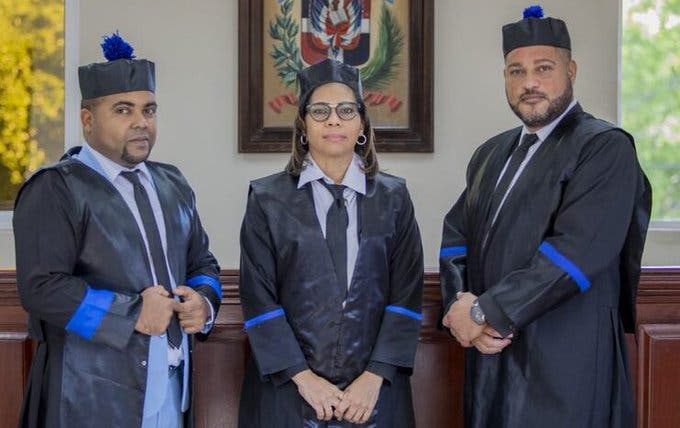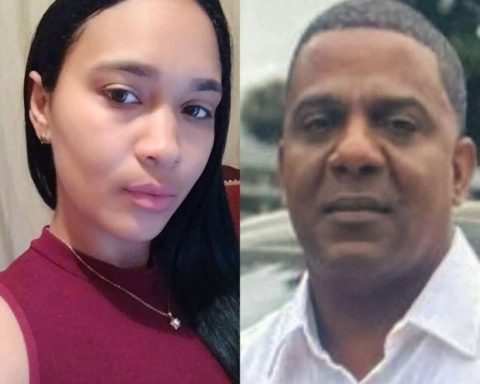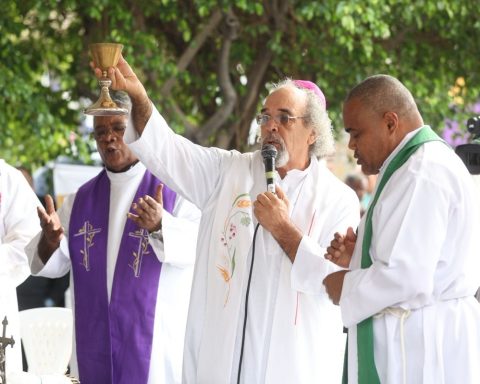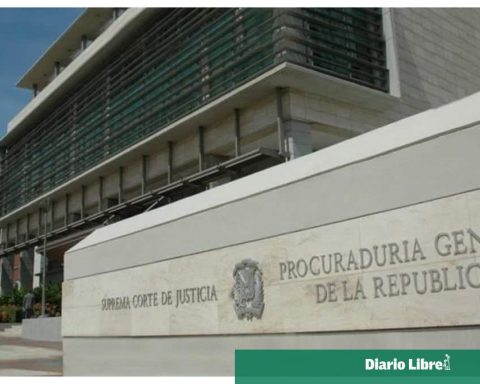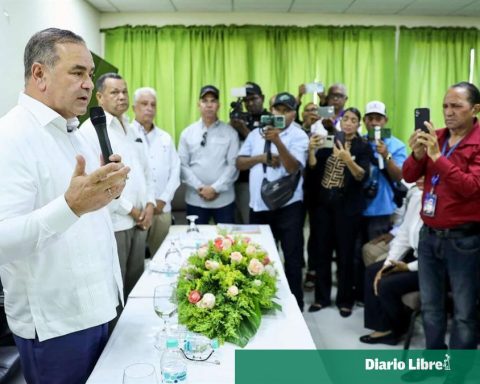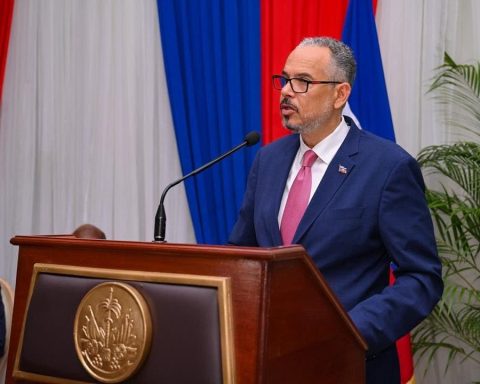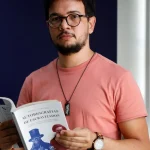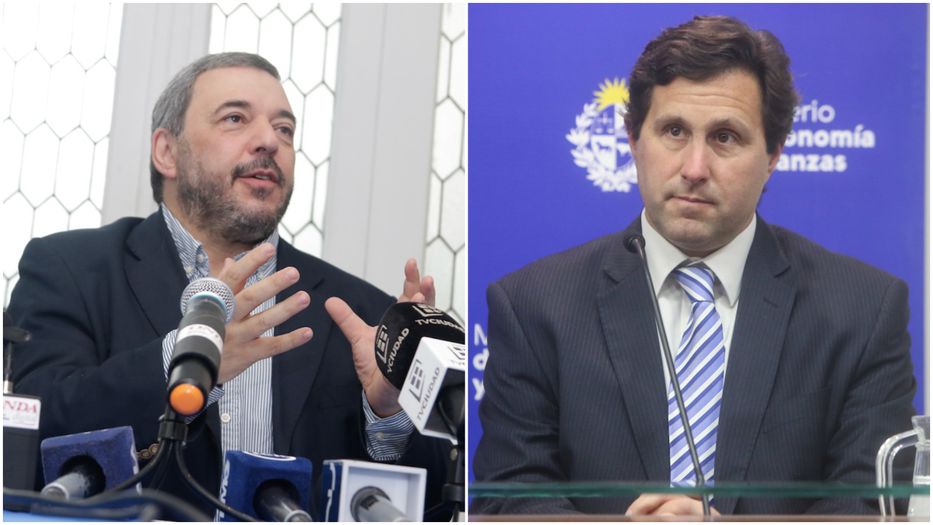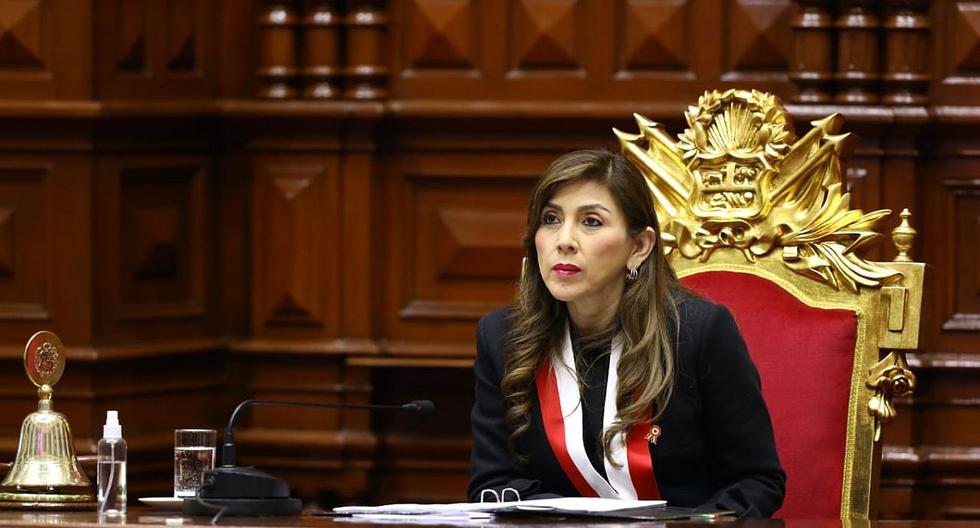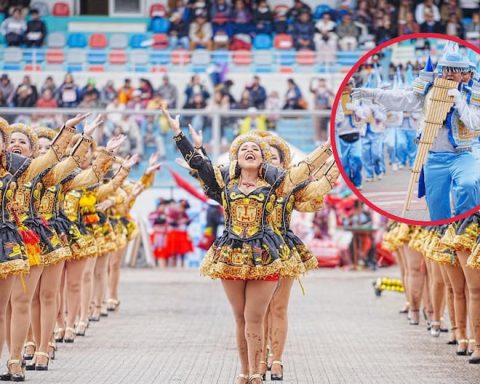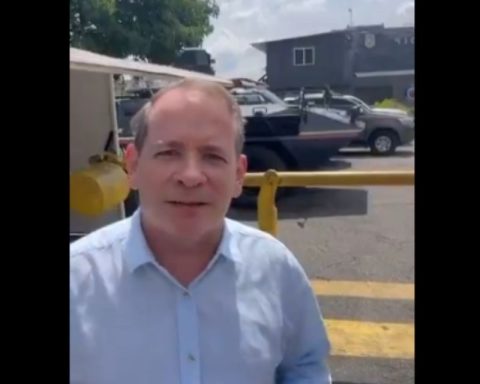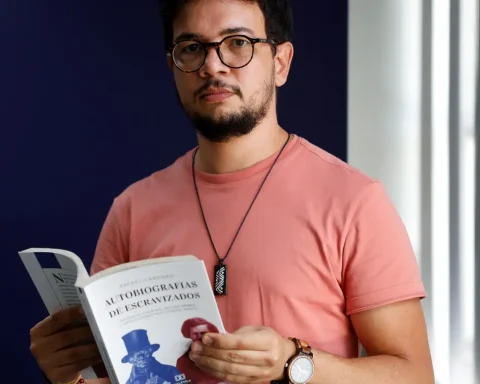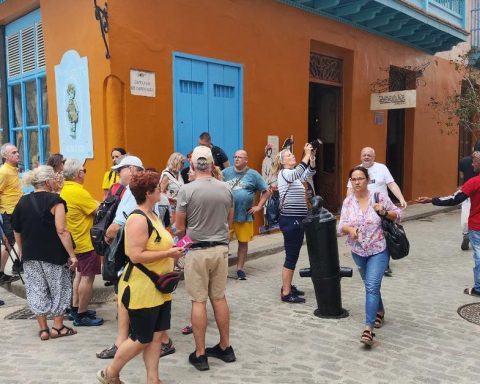The court of the Instruction of the Independencia province ratified this Monday the preventive detention of Deivi Nova Reyes, accused of trafficking immigrants in the Iguana case.
Judge Paco Terrero Pérez, after accepting the request from the Public Ministry, ordered, during the mandatory review, to maintain the measure against Nova Reyes, a former employee of the National Institute of Drinking Water and Sewerage (Inapa), who is serving a prison sentence in the public prison of Neiba, in the Bahoruco province.
At the hearing, it was also planned to review the coercion of the defendant Quelinton Eduardo Vólquez Guzmán, postponed for next October 4, so that he can be assisted by a lawyer.
The case also involves the accused Roberto Méndez Pérez, who served as control coordinator at the Customs border post in Jimaní, and the inspector of that agency, Johan Rosario Castillo.
In addition, Delson Manuel Medina Díaz and Juan Mateo Feliciano (Yefo), who have also been serving preventive detention since last March in the aforementioned prison by order of the same Investigating Court.
You may be interested in reading: One year in prison for defendants in the Iguana case
Dominga Guzmán, who was required to appear periodically, is also prosecuted.
Prosecutor Aleika Almonte, from the Specialized Prosecutor’s Office Against Illicit Smuggling of Migrants and Trafficking in Persons (PETT), assured that the Public ministry combat this crime with investigations, with which it confronts criminal organizations, as is the case with the cases derived from the Iguana and Cattleya operations.
In the Cattleya case, he said, the stage of trial advances in the Gesell Chamber is exhausted, which are investigative procedural steps that the Public Ministry can carry out at any time, prior to the deposit of the final act.
“In the Cattleya case, as guarantor of the effective judicial protection of the victims, we urgently request, without delay, the interviews in the Gesell Chamber of the victims of trafficking that the Public Ministry rescued, with the firm intention that these victims proceed, if they so wished, as is the case with the majority, to voluntary return to their respective countries,” said prosecutor Almonte.
“We regret that the lawyers of the defendants may confuse some communicators, but we must be clear that the Public Ministry, in Cattleya as in other cases, does not base the processes or support its investigations for human trafficking in the presence or not of the police. victims, not even in their testimonies,” he said.
The PETT prosecutor recalled that the Palermo International Convention and the Belém do Pará Convention protect victims from public exposure because, “it is not a condition or a requirement of the norm that in these crimes the victims make an appearance in public. procedural acts, for example, hearings”.
“In fact, that is why proactive investigations are carried out, using the tools that the law provides and it takes a year, and sometimes up to two, to investigate, to have solid investigations that do not depend on the testimony or not of the victims,” he said.
